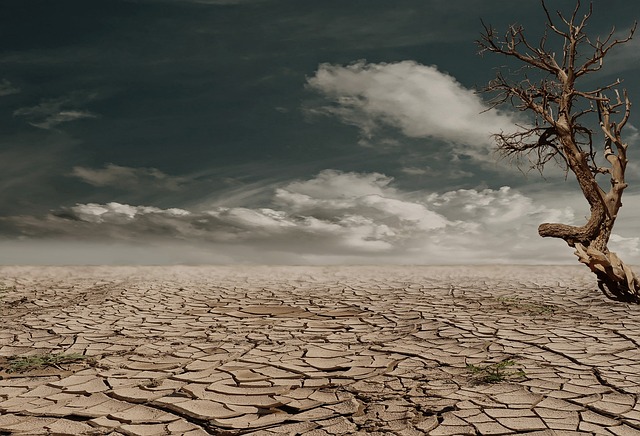Desertification is one of the most pressing environmental challenges we face today, affecting ecosystems, agriculture, and biodiversity across the globe. An often-overlooked factor in this complex issue is the role of alkaline soil in exacerbating the impacts of climate change. As we all enjoy the beauty of nature, it’s crucial to understand how this specific type of soil can disrupt ecosystems and contribute to the gradual degradation of fertile land.
Alkaline soil, characterized by its high pH levels, often results from the accumulation of minerals and salts over time. This can lead to poor crop productivity, limiting the agricultural potential of regions that might have thrived if not for these adverse conditions. As desertification spreads, it is not just the land that suffers; entire communities are affected, leading to food insecurity and displacement. Imagine the devastation of once-fertile fields turned to barren wasteland, where farmers once toiled, now rendered helpless against the encroaching desert.
The connection between alkaline soil and climate change is particularly noteworthy. As climate change alters precipitation patterns, regions already struggling with alkaline conditions may experience further stress. For example, less reliable rainfall can concentrate salts in the soil, worsening its alkalinity and creating a vicious cycle that compounds the effects of desertification. This, in turn, leads to diminished carbon sequestration capabilities of the soil, amplifying greenhouse gas emissions. Every farmer’s effort to combat climate change is undermined when their fields become unproductive due to these shifting environmental factors.
Moreover, the presence of alkaline soil affects not just agricultural yields but also the broader ecosystem. Vegetation that is adapted to neutral pH levels may struggle to grow in more alkaline conditions, leading to a decline in plant diversity. This biodiversity loss can weaken the resilience of ecosystems, making them less capable of withstanding climate impacts such as droughts and floods. Healthy ecosystems are essential not only for wildlife but also for human well-being, as they provide clean air, water, and essential resources.
Addressing the issue of alkaline soil in the context of desertification requires a multifaceted approach. Solutions such as sustainable agricultural practices and soil management techniques can help restore the balance in these ecosystems. Techniques like crop rotation, the use of cover crops, and organic amendments can improve soil health and offset some of the adverse effects of high pH levels. These practices not only aim to enhance food security but also play a vital role in mitigating climate change.
While confronting the realities of desertification and alkaline soil may seem daunting, raising awareness and fostering a global community dedicated to environmental stewardship is imperative. As individuals, we can contribute by advocating for policies that prioritize sustainable land use, supporting initiatives that restore degraded lands, and educating ourselves and others about the intricacies of our environment. Every small action counts and can lead to significant change.



